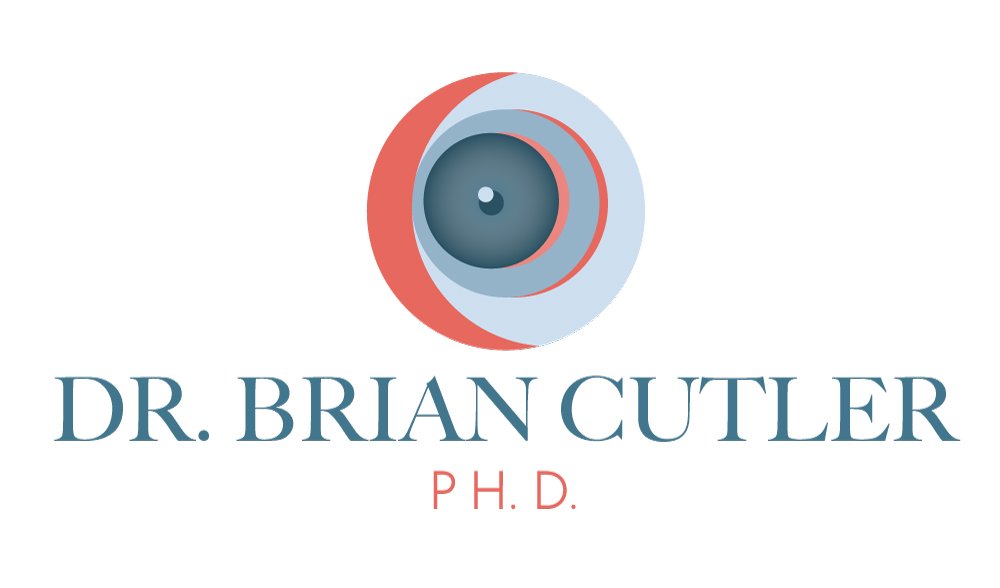The APA Handbook of Forensic Psychology
This two-volume handbook provides a comprehensive overview of the many ways in which psychology intersects with the legal system, including applications of clinical, cognitive, developmental, social, and other areas of psychology to civil, criminal, employment, and family law. Written by experts in the field, each chapter reviews the relevant research and explains the implications of the research for practice and policy.
Cutler, B. L., & Zapf, P. A. (Editors). (2014).
Washington DC: American Psychological Association Press.
Reform of eyewitness identification procedures
In recognition of the prominent role that mistaken eyewitness identification has played in wrongful conviction cases, may states and police departments have drawn upon psychological research to develop guidelines for identification tests with the objective of reducing the risk of false identification. The chapters in this volume describe the research underlying eyewitness identification test reforms (for example, lineup instructions, filler selection, presentation methods).
Cutler, B. L. (2013)
Washington DC: American Psychological Association Press.
Conviction of the innocent: Lessons from psychological research
This volume examines the psychological research underlying various causes of wrongful conviction, such as at-risk populations, false identification, false confessions, unreliable informant testimony, forensic science testimony, and racism. Written by experts on the topic, each chapter reviews the relevant research and explains the implications of the research for practice and policy.
Cutler, B. L. (2011)
Washington DC: American Psychological Association Press.
Evaluating eyewitness identification
This volume, written for the Best Practices for Forensic Mental Health Assessments series, provides an overview of the work of expert witnesses who testify about the psychology of eyewitness identification. We summarize the research on eyewitness identification and the process of expert testimony, including initial consultation, report writing, preparation, and testimony in direct and cross-examination.
Cutler, B. L. & Kovera, M. B. (2010)
New York: Oxford University Press (Oxford Forensic Best Practices Series).
Expert testimony on the Psychology of eyewitness identification
The decision to admit or not admit expert testimony on the psychology of eyewitness memory is sometimes controversial. The chapters in this volume, written by experts in their respective fields, review the need for expert testimony, its content, admissibility and status in the appellate courts, and research on the effectiveness of alternative safeguards against wrongful conviction, the extent to which the testimony exceeds common sense, consensus in the field, the effects of expert testimony, and the limitations of expert testimony. The volume also includes chapters written by prominent prosecuting and defense attorneys sharing their perspectives.
Cutler, B. L. (Editor) (2009)
New York: Oxford University Press (American Psychology-Law Society Series).
Encyclopedia of Psychology and Law
This two-volume set has more than 400 brief entries written by experts on a wide range of psychology-law topics, such as criminal competencies and responsibility, death penalty, forensic assessment, juvenile offenders, mental health law, criminal investigations, sentencing and incarceration, and trial processes. Entries range from about 1,000-3,000 words and provide overviews of the topics and suggestions for further reading.
Cutler, B. L. (Editor). (2008)
Thousand Oaks, CA: Sage Publications.
Eyewitness testimony: Challenging your opponent’s witness
Written for practicing lawyer, this brief book provides and overview of the factors affecting eyewitness identification and suggestions for how to challenge eyewitness testimony in pre-trial and in-court proceedings.
Cutler, B. L. (2002)
Notre Dame, IN: National Institute for Trial Advocacy Press (translated into Japanese, 2007).
Mistaken identification: Eyewitnesses, psychology and the law
In this book we provide an overview of the research to date on the reliability of eyewitness identification, factors affecting eyewitness identification, and the effectiveness of safeguards designed to protect defendants from wrongful conviction resulting from mistaken identification.
Cutler, B. L., & Penrod, S. D. (1995).
New York: Cambridge University Press.

